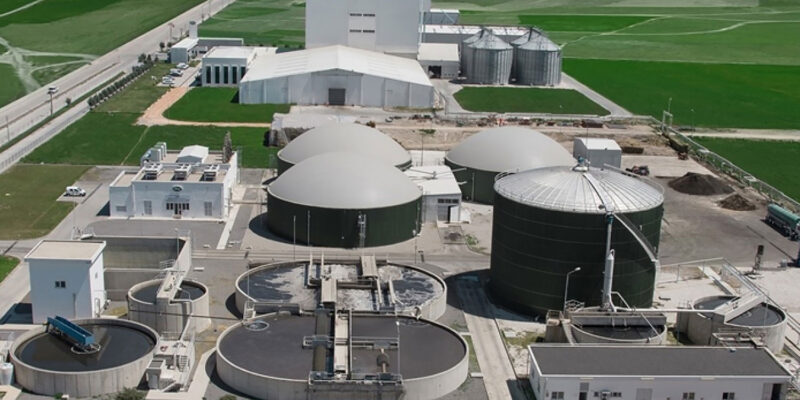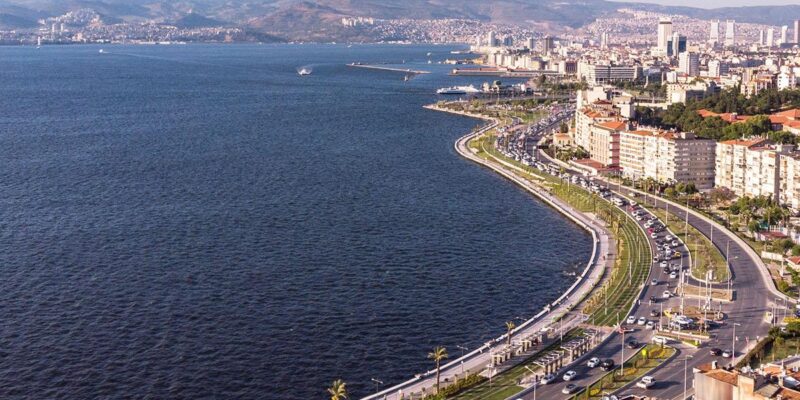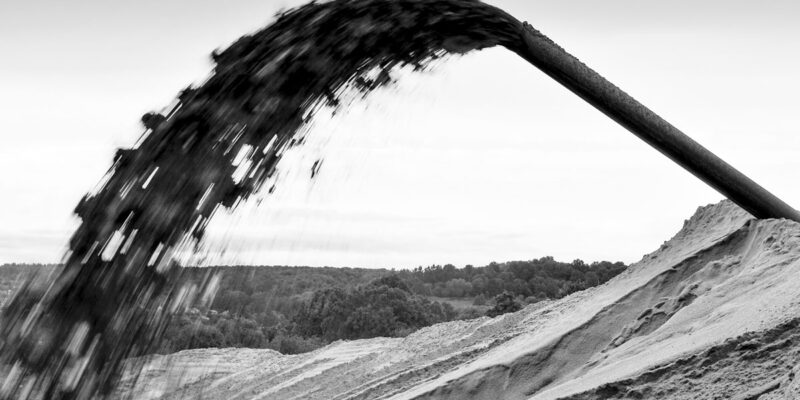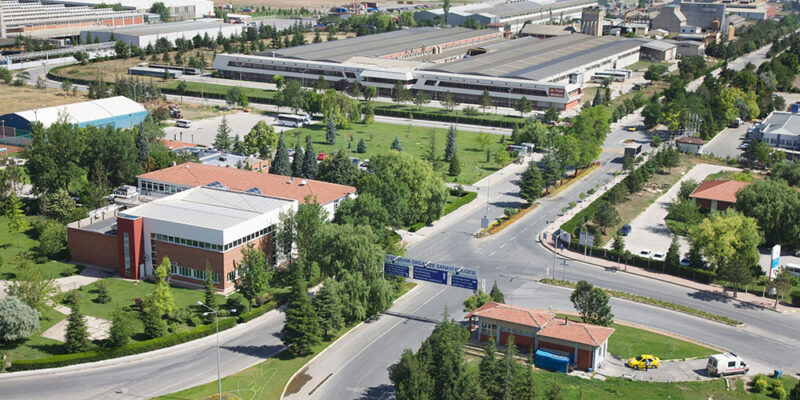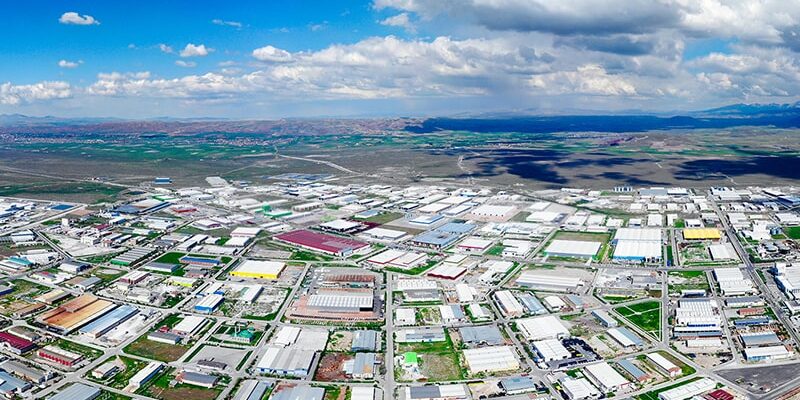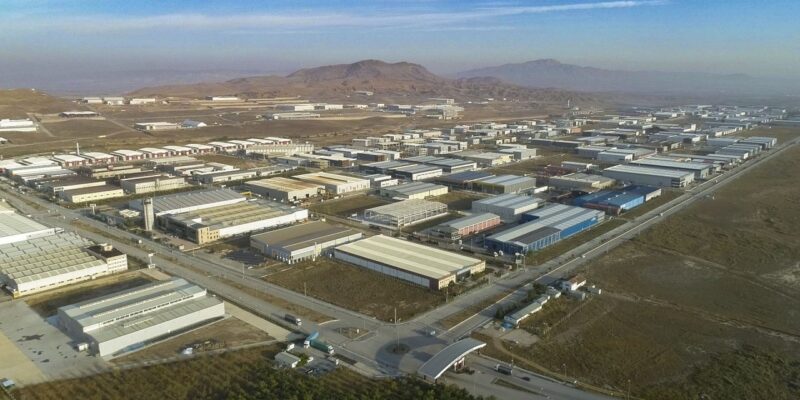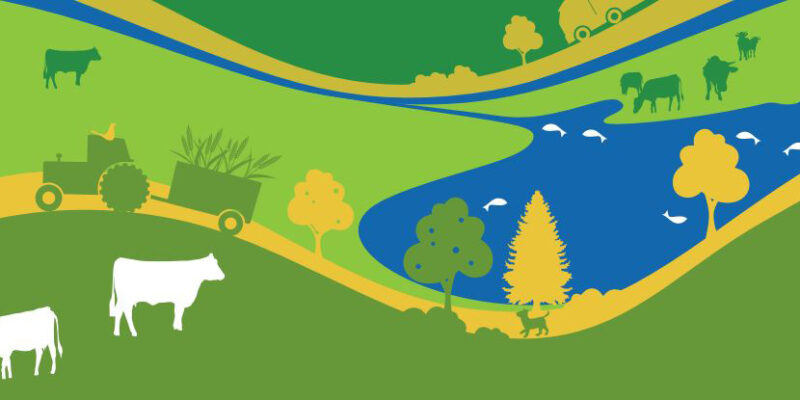GTE carried out the Turkey Material Marketplace (TMM) R&D project supported by the EBRD with Sutas A.Ş. In the project, instead of FeCl3, which is used as H2S scavenger in the biogas facilities of SUTAS A.Ş., the use of iron oxide wastes from the metalworking industry was evaluated. In this context, analyzes were carried out on the waste samples taken from Beycelik Gestamp A.S. and the feasibility of the application, which was tested at Sutas biogas facility, was studied by GTE.
According to the results obtained in the developed R&D project, it has been seen that the waste going to the landfills in the current situation has the potential to be evaluated. With the realization of the project, a total of 324 tons of iron oxide waste will be used annually. The proposed industrial symbiosis implementation will yield a net annual savings of €78,450 with a payback period of 3.4 years. Considering the rapidly growing biogas market, although there are 85 biogas plants operating in Turkey, the demand for remedial chemicals in biogas is expected to increase further soon.
The other project we realized with SUTAS:
